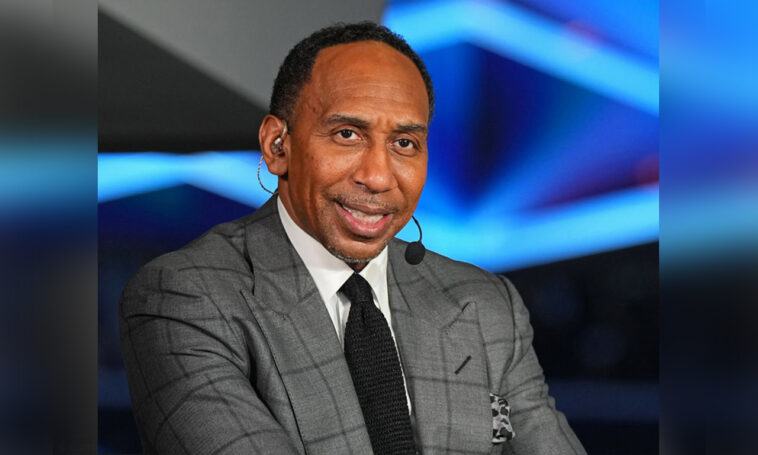The situation surrounding Drake’s legal battle with Universal Music Group (UMG) has sparked an intense debate within the hip-hop community, with many critics and analysts questioning his motives and actions. Animated in his response, one critic, Smith, dismissed the lawsuit as “a bad look,” emphasizing that in hip-hop, conflicts are traditionally settled through music, not through the courts.
“When someone comes at you with lyrics, with a diss track, you’re supposed to come right back with your own lyrics, your own song,”
Smith declared, gesturing dramatically as he underscored the importance of staying true to hip-hop’s roots.Smith’s criticism is rooted in the very essence of hip-hop culture, which values authenticity, directness, and self-expression. He pointed out that the hip-hop community has always prided itself on resolving disputes within the studio rather than taking them to legal arenas. “This is hip-hop, man,” he said, stressing that the genre has always thrived on artists being open, honest, and unapologetic about their feelings and positions. For Smith, filing a lawsuit in response to a diss track undermines the integrity of the culture, turning what should have been a lyrical exchange into a drawn out legal battle.
This legal move from Drake comes in the wake of a high-profile clash with Kendrick Lamar, whose track “Not Like Us” became a cultural phenomenon in the summer of 2024. The song not only shattered streaming records but also firmly established Lamar’s dominance in the ongoing rap war between the two artists. Critics have speculated that Drake’s legal action was, in part, an indirect response to the overwhelming success of Lamar’s track, which left a lasting impact on Drake’s public image. The song’s success gave Kendrick Lamar an unchallenged upper hand in the battle, with many fans and industry insiders viewing it as a victory for Lamar over Drake.
In his lawsuit, Drake accuses UMG of inflating streaming numbers to artificially boost the song’s success. He claims that the label colluded with Spotify to manipulate the streaming data, ultimately giving “Not Like Us” an unfair advantage in the charts. Drake’s stance suggests that the record-breaking performance of the track was not entirely organic, but instead influenced by corporate intervention. However, Smith strongly disagrees with this assertion, dismissing it as an excuse for the song’s success. “If the song wasn’t fire, there’s no way it would have that many hits, that many downloads,” Smith stated. “No way in hell.” For Smith, the track’s success was a direct reflection of its quality and cultural impact, not some manipulated chart manipulation.
Smith’s commentary also sheds light on the broader implications of Drake’s actions. By resorting to legal measures instead of confronting Lamar through music, Drake risks appearing “weak and sensitive” in the eyes of the hip-hop community. Hip-hop fans, especially those loyal to the genre’s traditions, expect artists to respond to challenges with creative energy, not with litigation. According to Smith, many of his peers and colleagues in the industry believe Drake has made a serious misstep by taking this approach. “Everybody I’ve talked to — 10, 15 different people — think Drake is in the wrong on this one,” he said.
The power of “Not Like Us” as a cultural moment is undeniable. The song resonated across age groups, ethnicities, and demographics, quickly becoming an anthem for a wide range of listeners. Smith noted that people from all walks of life—young and old, Black, white, Hispanic, and Asian—found themselves singing along to the track. “Everybody knows the lyrics,” Smith emphasized, highlighting the song’s widespread appeal and transcendent nature.
Smith’s critique of Drake’s legal action offers a pointed reminder about the importance of staying true to the essence of hip-hop. For Smith, the genre is about authenticity, resilience, and artistic response. By taking his grievances to court rather than returning fire with music, Drake risks not only diminishing his own reputation but also tarnishing the very culture that helped him rise to the top. Hip-hop fans and artists alike are watching closely to see how this situation plays out—and whether it signals a shift in how future conflicts within the genre are handled.






Join the Community and Be a Part of the Conversation
You must be logged in or registered to post a comment.